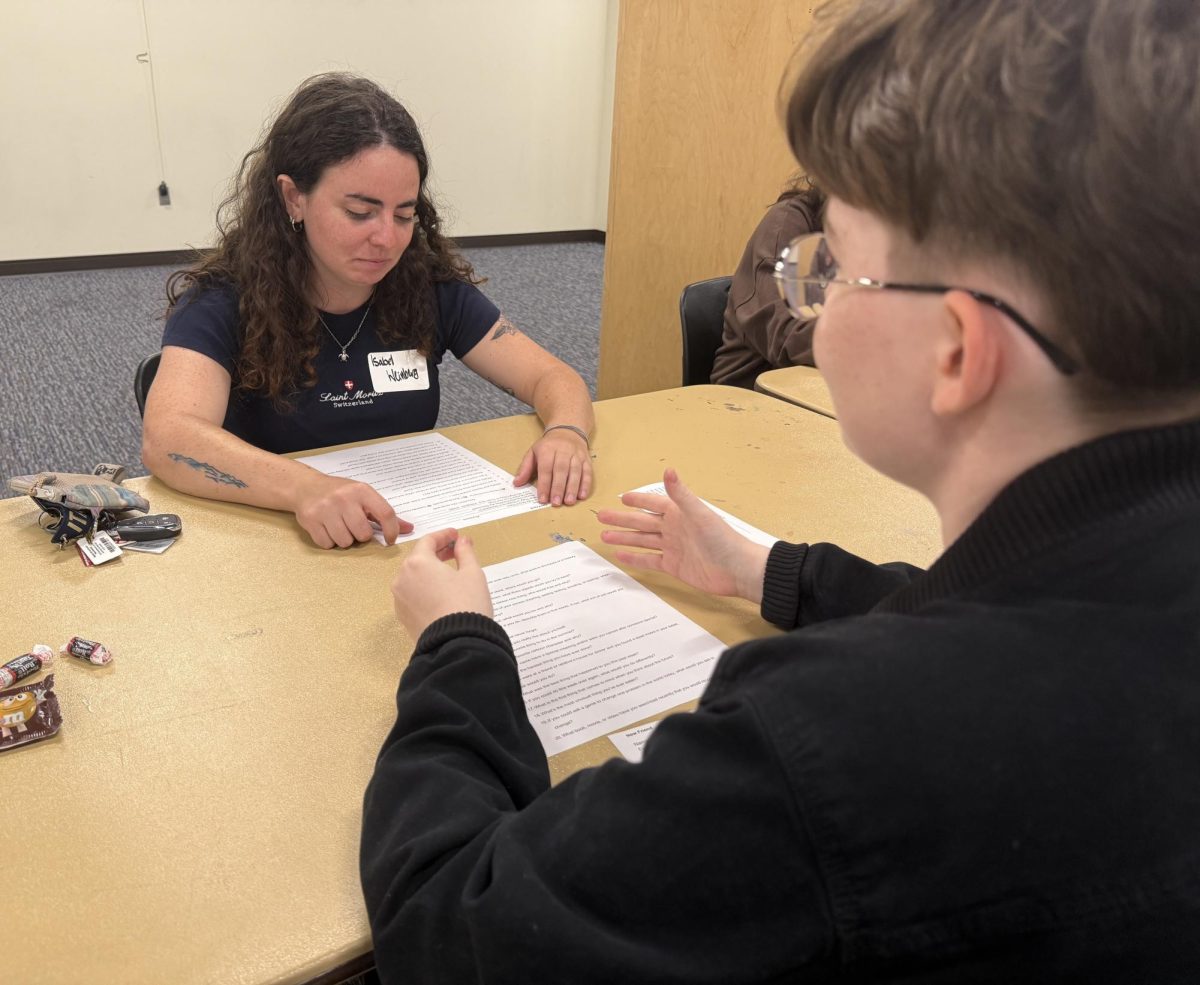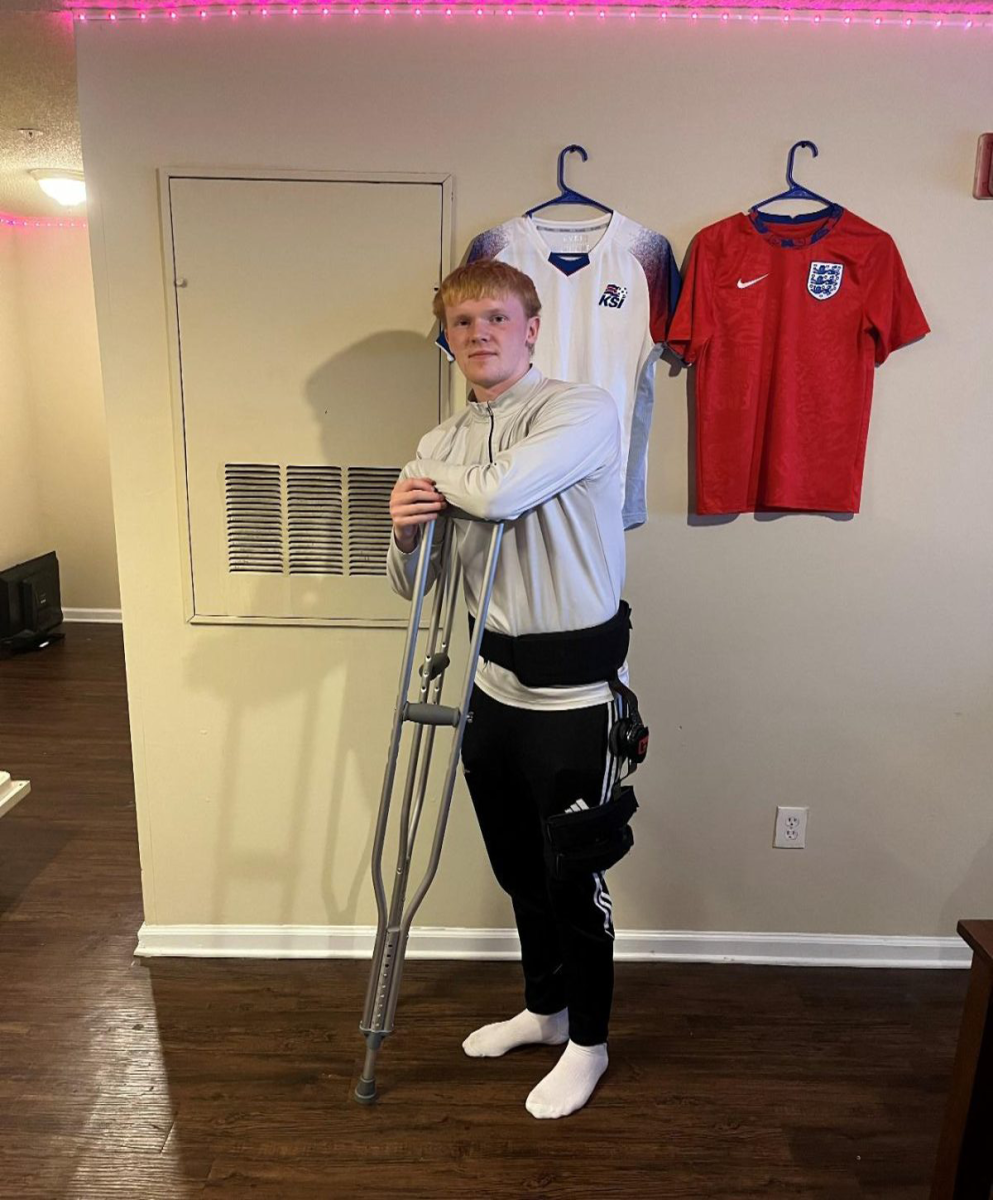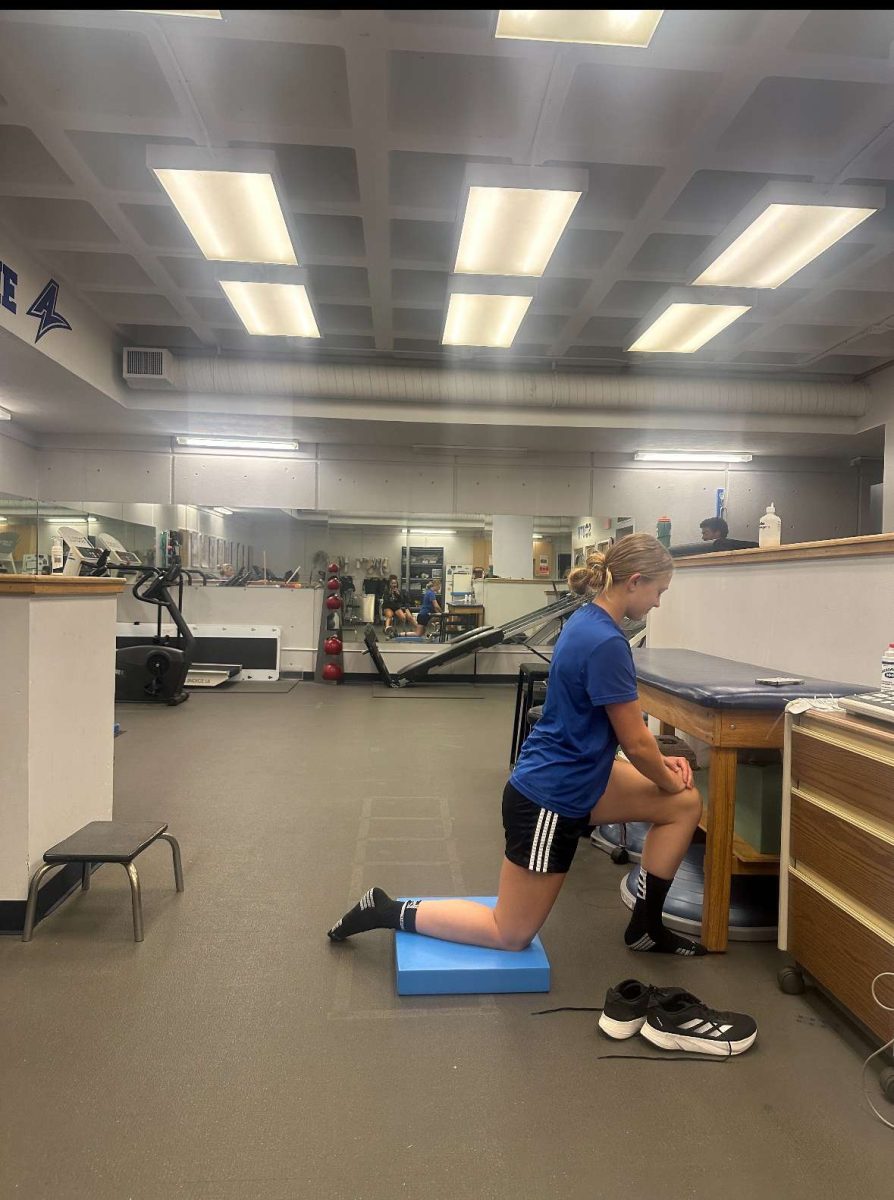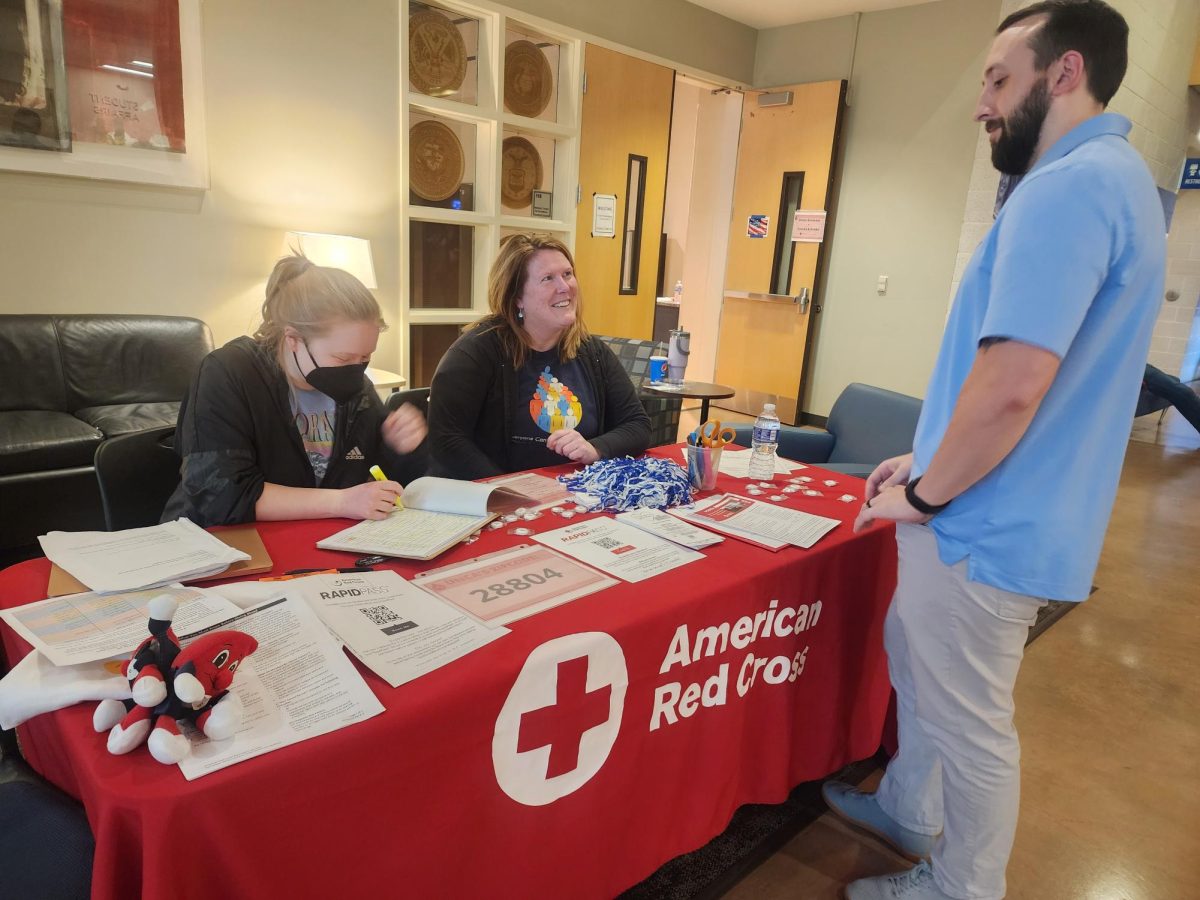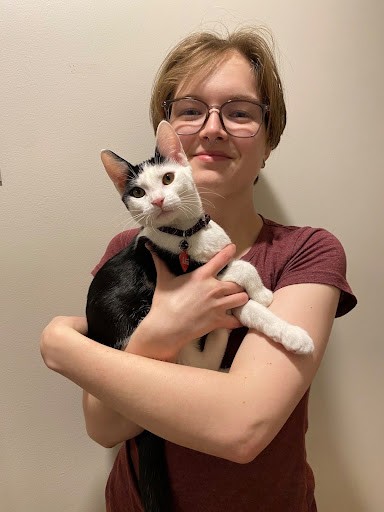
UNC Asheville junior Jasmine Narehood recently got her kitten, Mr. Darcy, approved as an Emotional Support Animal to ease her anxiety and give her companionship on campus.
Last October, Narehood’s mom found Mr. Darcy near their home at around two-and-a-half-weeks old.
“I went home and I took care of him on weekends and breaks,” Narehood said.
Narehood said she decided to get him registered as an ESA after conflicts with a roommate the previous semester. Going home on weekends to take care of Mr. Darcy helped with the stress.
“He was affectionate and calming,” Narehood said. “That helped me stay sane through the end of the fall semester.”
Narehood said getting him registered as an ESA went by smoothly. After talking to a therapist and filling out paperwork describing the kitten’s vet information, she was interviewed by the office of accessibility.
“The interview was about 30 minutes long. It asked about how we got along, how he helps me, signs of a connection between us.” Narehood said. “After that I got an email a few hours later saying I got approved, and I had to submit his medical records to housing in order to get him moved on campus.”
Although Mr. Darcy isn’t living on campus yet, Narehood said she is excited to have him move in.
“His best friends are his cat brothers at home,” Narehood said. “I think he’ll enjoy living with my other roommate’s cat.”
There are currently 60 to 70 ESAs on campus, all approved by the Office of Accessibility. These animals help students who struggle with mental health and psychiatric disabilities, accessibility officers say.
“For a person to legally have an ESA, the owner must be considered to have a qualifying mental health or psychiatric disability by a licensed mental health professional,” said the Director of the OA Stephany Bullick.
There are a few steps required before a student can get their animal approved as an ESA, starting with filling out an application through the OA. Students also need to get proper documentation of their disability, and explain how it affects their learning.
“The OA must review and verify the required documentation to approve the ESA as an accommodation,” Bullick said. “Housing and Residence Life is then notified that the ESA has been approved as an accommodation. Housing reviews the application and coordinates the placement of the animal.”
Undergoing this process does not always qualify an animal to become an ESA.
“There are multiple reasons why a request could be denied,” Bullick said. “A lack of clear self-report from the student, a lack of response or follow up from the student, documentation from an unqualified provider, unclear or limited information from the provider and a lack of therapeutic need or bond with the animal.”
Director of the Health and Counseling Center Katie Green said that ESAs are beneficial to students on campus.
“They provide emotional support and comfort for those who might be experiencing loneliness,” Green said. “The care that is provided to them can be a source of support for a person, especially if they are in need of structure or a routine.”
Green said she’s seen these benefits first hand with students.
“I get a lot of comments about how nice it is to come back to their rooms and have something to care for,” Green said. “It gets rid of those feelings of loneliness.”
Green said the Health and Counseling Center is not able to provide students with ESAs, mostly due to the amount of students that would be seeking this documentation.
“More training is needed to assess what a client might be looking for with an ESA, Green said. “We don’t have that kind of training.”
Thanks to the work of the OA, ESAs like Mr. Darcy are able to bring students the comfort, companionship and structure that makes it easier for them to live on campus.



















